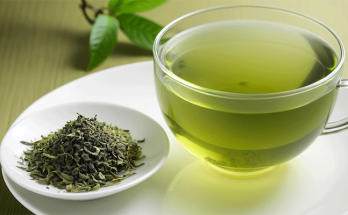
Top 6 Skin Whitening and Lightening Simple Remedies for Instant Glow
Skin Whitening Remedies: Skin is the vital and most sensitive part of the human body. Fair skin has become a status symbol; every girl dreams of having a fair complexion …
Health and Fitness | Weight Loss | Anti Aging | Joints Pain

Skin Whitening Remedies: Skin is the vital and most sensitive part of the human body. Fair skin has become a status symbol; every girl dreams of having a fair complexion …

Green tea is well-known for its many health advantages, like helping with weight loss and keeping skin healthy and glowing. In this article, we look at the science behind why green tea is good for your skin and your overall health.

For many, sugar paints a picture of pure delight, a burst of flavor that elevates desserts and sweetens life’s moments. But for individuals living with diabetes, sugar can be a double-edged sword, offering fleeting pleasure while posing significant health risks.

Finding the right dentist isn’t just about sparkling white fillings and convenient appointment times. When it comes to your family’s oral health, you need someone who feels like an extension of your care team

In the journey to a confident and radiant smile, braces play a crucial role in aligning teeth and boosting self-esteem. Among the various types of braces available, front teeth braces specifically target the most

Want a flatter stomach and a healthier body? You’re not alone! Many people want to lose belly fat, but quick fixes don’t usually work. What if you could get a slimmer waistline naturally, without leaving home? This article shows you how! We’ll skip the fad diets and pricey gym memberships.